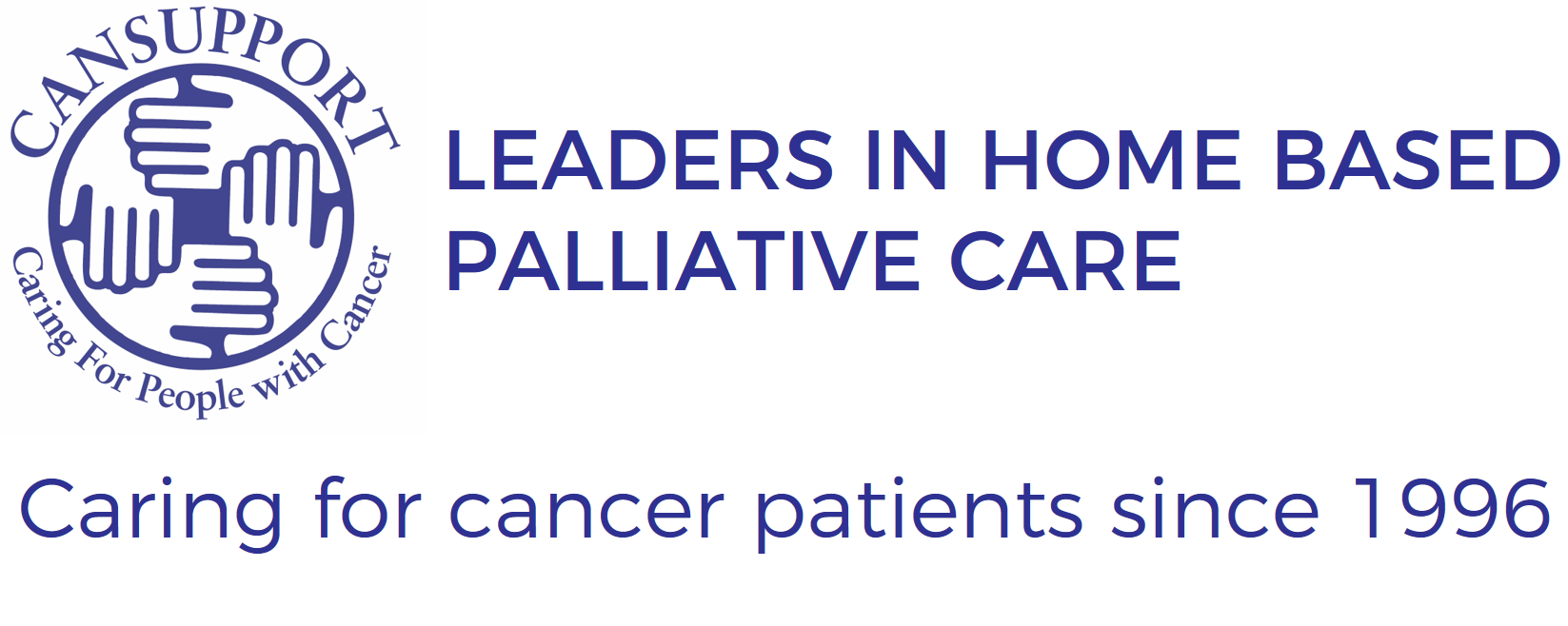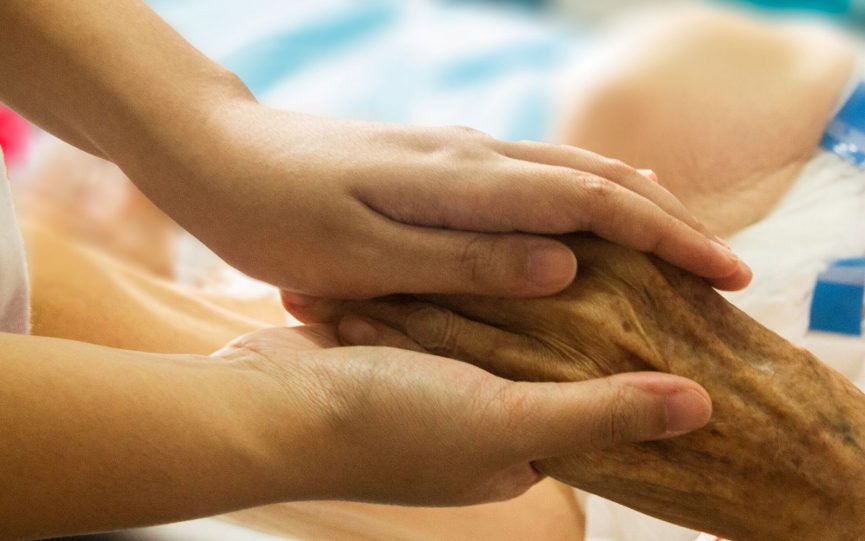Adding Life To Days
Palliative care is a specialized medical care provided by a specially-trained team of doctors, nurses, counselors and other specialists who work together with patients and families to provide an extra layer of support. It is effective at any age and at any stage in a serious illness and can be provided along with curative treatment.
Therefore, in times of no curative treatment, it does not means that taking care of the patient ends, there is always something we can do.
RELIEVING PAIN AND DISCOMFORT
Incurable illnesses can bring much discomfort to patients and it is extremely important to relieve their suffering and support them. That is the focus on palliative care - taking away pain, relieving symptoms such as nausea, itching, anxiety, sleeplessness, breathlessness and others. Furthermore, psychological, spiritual and social support are other pillars of the holistic approach of palliative care.
RESTRICTING INTERVENTIONS BASED ON RISK-BENEFIT RATIO
Many procedures and treatments can cause a range of side effects and pain. It is crucial to evaluate the risk-benefit ratio for each patient and procedure. If there are not significant improvements from such treatments and the side effects are extensive, then there is no point in subjecting the patient to it.
FEWER HOSPITALIZATIONS, MORE TREATMENT AT HOME
When good palliative care is established, the patient and their family are aware and well informed. They know how to manage the symptoms and they understand that certain interventions will not be helpful. Therefore the number of hospitalizations is remarkably smaller, as the patient receives more treatments at home, surrounded by loved ones.
MANAGING ANXIETY AND DEPRESSION
Scientific research links anxiety and depression to a worse quality of life and medical outcome, specially among cancer patients. In the presence of anxiety and depression, all the experiences are perceived in a different way. Pain is intensified and life can be unbearable. Thus it is essential to address mental health and to manage it properly. Besides medical prescriptions, many interventions have shown improving results, such as psychotherapy, psychoeducation, meditation, yoga, dance and development of spirituality.
In palliative care, mental well-being is as important as physical well-being. For that reason, every activity able to improve quality of life is welcome.
SPIRITUALITY AS A WAY TO IMPROVE QUALITY OF LIFE
Spirituality does not necessarily mean religiosity, but the search for a deeper meaning and satisfaction in life - being in peace, connected to something bigger than ourselves, finding our purpose. Spiritual well-being has been associated to better health outcomes and also to a better quality of life. Therefore, a holistic approach which addresses all these aspects can be of great value for terminally-ill patients, helping them deal with their feelings and fears.
Palliative care is about dignity and humanity in the most vulnerable time of life - the end of it. It’s about bringing peace and comfort. Maybe we cannot add days to their lives, but we can definitely add life to their days.
- Article by Dr. Vannessa C. Portugal, Summer Intern

